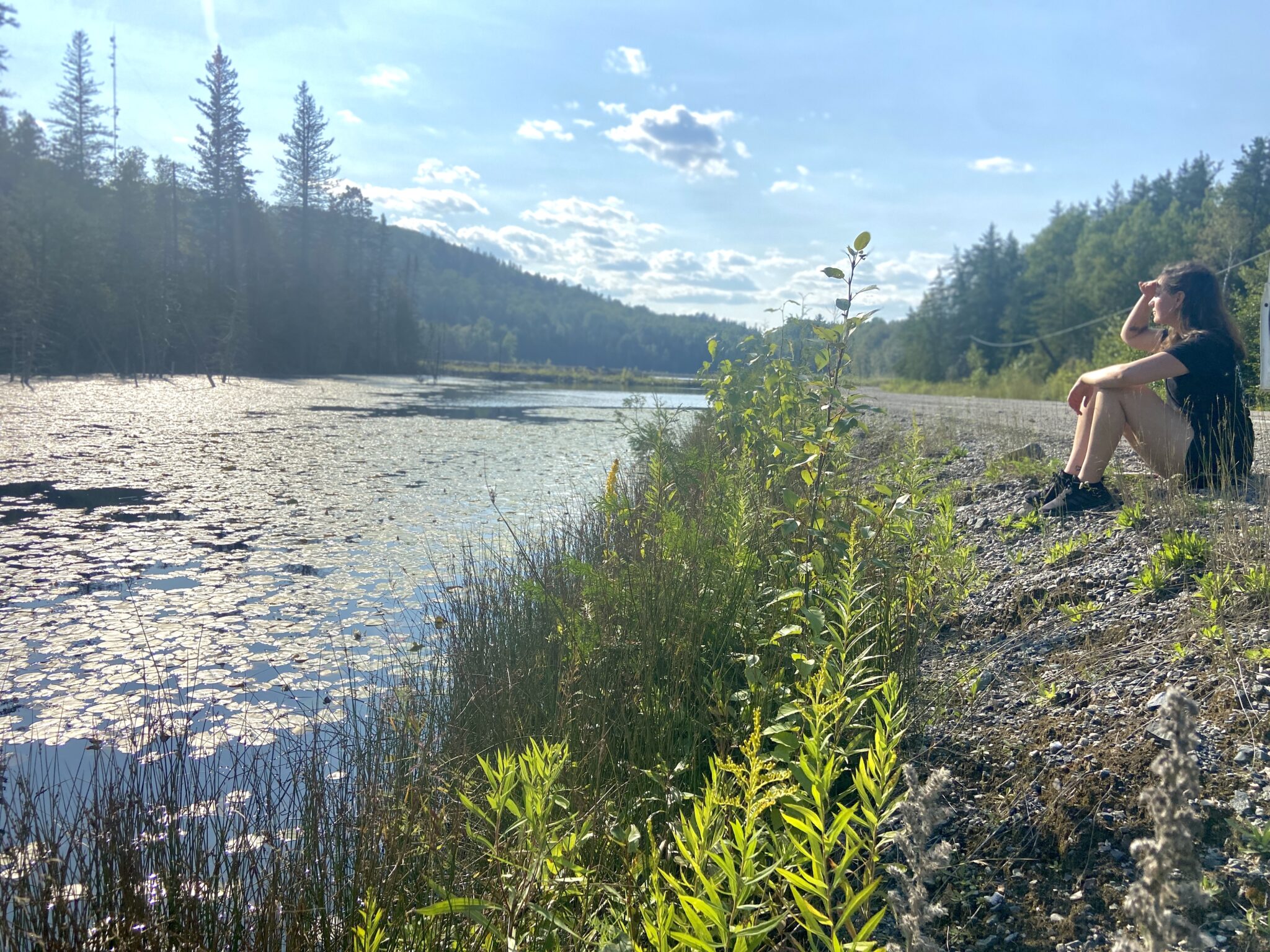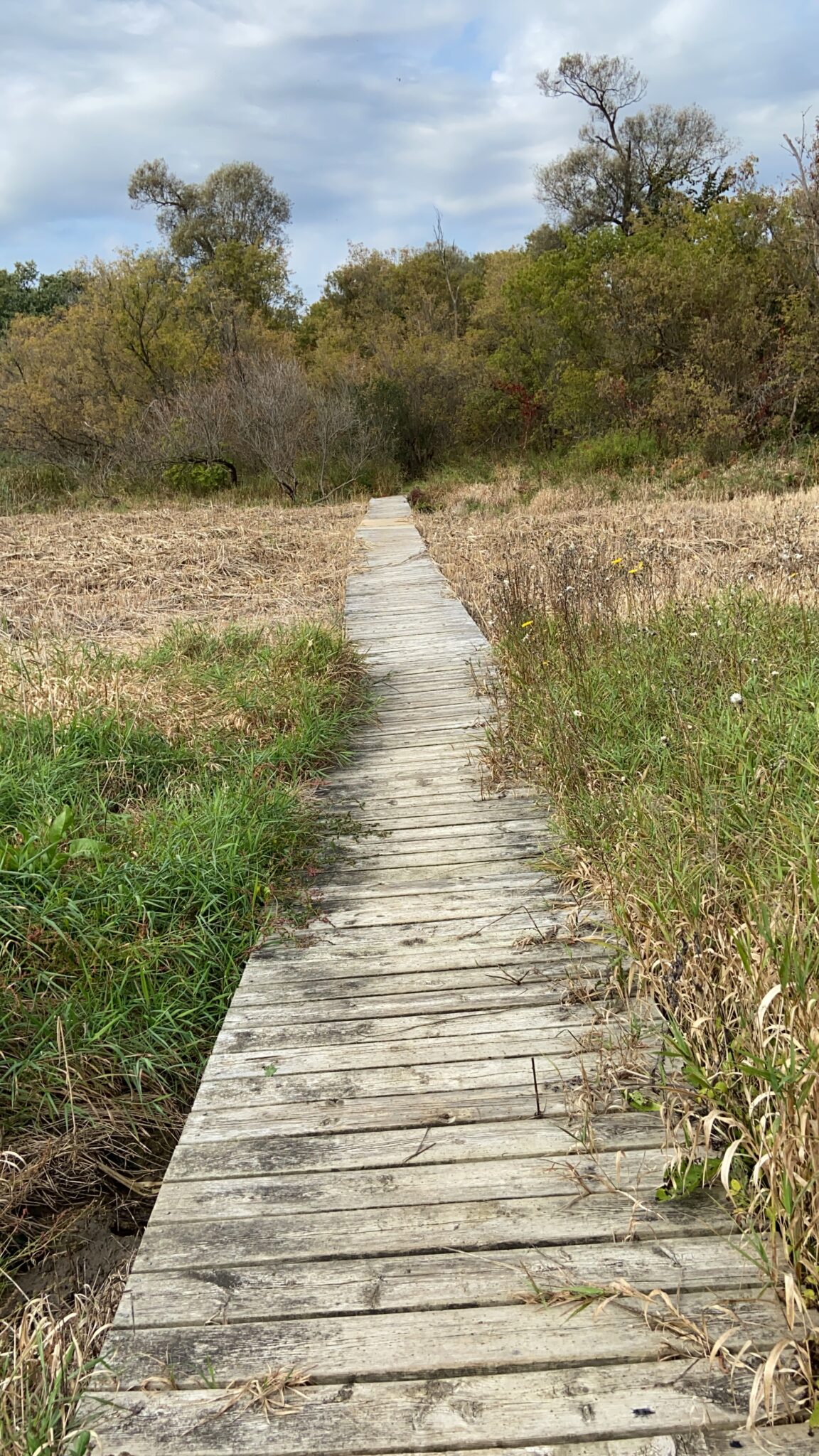Posts Tagged ‘disability’
Shadowloss: loss in life
By Alyssa Warmland
Shadowloss is a term developed by Cole Imperi, a thanatologist and the founder of The American School of Thanatology. It describes the types of loss we feel in life, rather than the loss of life. Shadowlosses are things like divorce or the end of a long-term relationship, infertility, a medical diagnosis, losing a job, or the loss of some other relationship or thing. It’s a loss that impacts the life of an individual, as well as their social network in their life.
Sometimes, the loss of a being coexists with shadowloss. For example, when a loved one dies, families are often tasked with sorting through the person (or animal)’s belongings. When my dog died, I remember packing her bowls, her toys, her leash, and her collars away in a box I made space for in my crowded apartment because I couldn’t stand the loss of throwing them out. I remember holding her favourite toys and feeling deeply in grief. The “big loss” was my beloved dog, but the shadowloss was when I got rid of some of her belongings and how hard that piece was. It felt like a tug in the pit of my stomach when I turned towards the wall where her water dish used to sit, only to see an empty bit of wall.
Another example of shadowloss in my life was when I was fired from a job at a women’s shelter. I’d thought, all through my undergrad, that I would work in one. I worked hard to get my gender studies degree and to volunteer with feminist organizations that targeted violence against women. And, after applying four or five times, I finally got the job. I loved it, although the rest of the staff was far more conservative than I am and I sensed that I was not a great fit, in spite of my knowledge and my passion for the work. I was fired, just before the end of my probation, and refused an explanation as to exactly why. I was devastated. Not only was I losing a job, I felt as though I was losing a dream and a sense of self. Years, and a whole career, later, I still experience huge waves of grief related to that loss.
What we know about types of loss is that we experience grief related to them in very similar ways. Waves of sadness, anger, and the sense that something/someone is missing are a few things that can come up with “big loss” and with shadowloss. As with any type of grief, it’s not particularly useful to rank and compare types of loss or experiences of grief. But having language to describe the experience of grief associated with the loss of a thing or part of someone/their life can be useful. This allows us to acknowledge those losses as ones where we leave ourselves some space to grieve. It can also be another opportunity to connect in this life where there are shared human experiences like the complex plurality that is grief.
Grief and Disability: Carrie’s Story
By Carrie Batt, Grief Educator
My son says I am a mover and a shaker. He tells his friends that because of my extensive travels abroad and my volunteering. When his friends ask: “Why did she do that?” he always tells them “Because my mom believes that ‘anything is possible’.” As I look back on my journey, I know where I picked up this motto. When my baby brother was born, the doctors told my parents: “he will not walk, talk, nor know who you are”. From that day on my parents embodied that motto ‘anything is possible’ and in the end my brother does far more than walk and talk. This circumstance introduced me to the disability community knowing that people with disabilities deserve and can do more. Interestingly, I have had the privilege of working within the developmental sector in a variety of positions for more than thirty years.
In 2018, I added to my parents’ motto ‘anything is possible’ and included ‘everyone is worth it’. I added those words to the motto right after I had attended a kintsugi workshop offered by Rami Shami, a prominent member within the deathcare community. As soon as I realized that Rami had spent the last 30 years caring for the dying. I inquired about his experience in death, dying and disability. Rami unfortunately, had no experience in supporting people with a disability who were dying. Upon learning about the sheer lack of support and expertise on this topic, I proceeded to complete the end-of-life training with Beyond Yonder Community Deathcare program. Soon after, SEOL Care was created, which offers a disability-sensitive approach to death, dying, and disability.
It has become clear to me over time that we have much work to do to ensure the delivery of disability-sensitive grief literacy and grief support. In March of 2022 my proposal for four 1-hour sessions was approved, we provided the program for 20 participants. My heart was full in each session.
My heart remains full of hope that conversations, education, and expertise about disability sensitive end of life care and grief support will gain momentum as more and more people join in on this vital conversation.
Currently, there are several rays of hope that suggest grief education and support can and will be offered in a more inclusive way. As a certified grief educator, I now offer online disability-sensitive grief support services for individuals and groups. My employer is offering disability-sensitive grief literacy sessions. The Bereavement Ontario Network has shared information through their newsletter and in a network webinar, where the gentleman I support and I were the guest speakers. Bereaved Families of Ontario have been receiving multiple requests to provide grief resources for the neurodivergent community. Additionally, Bereaved Families of Ontario are seeking out speakers with lived experience related to grief and under-represented communities for their grief literacy series. I remain grateful knowing that these are hopeful times, and these examples are a positive step in the right direction.


